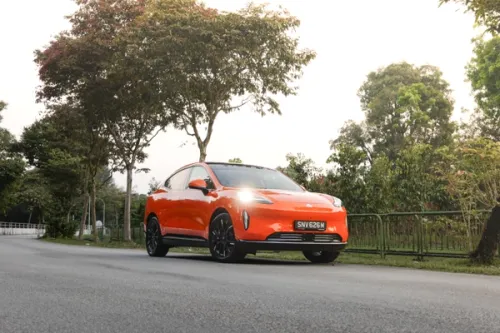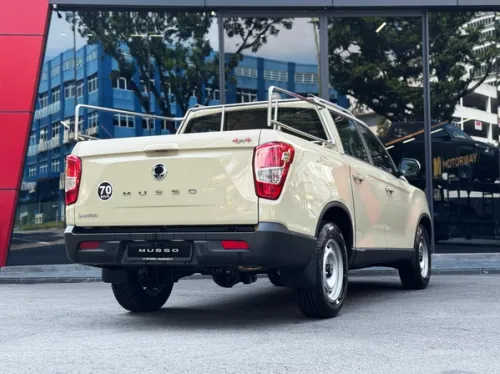The recent COE plunge - Is it really good news?
Yet another drop in COE prices. The second this year. Before you pop that bottle of champagne after you've clinched your dream car at cheaper a price, stop and think again. Is the good news for real?

Tell me something I don't know.
Category A car buyers who have paid up prior to this "god given" event would probably be hitting their heads against the wall, regretting their foolish decision to not wait any longer. After all, they paid almost double the current COE premium. Needless to say, those who did manage to get cheap certificates of entitlement will be seeing lesson their monthly and downpayment amounts.
This opens up that ever so familiar paradox for buyers new to the car market, which by the way, is terribly complicated - even more so than say, a packet of investment shares or property with the ARFs, PARFs, OMVs and whatnots.
Is this price plunge really that good a piece of news then?
In May 2001, Category A COE prices took a southward dive down to a price of $101. Most buyers who have managed to secure a COE at the time would have received a COE rebate of about $15,000.
It was a joy that was short-lived. Soon after, buyers realized that car dealers were unable to settle the rebate amount due to insufficient cash at hand, and even when things turned ugly, some settled for no more than half that rebate amount.
And this was just the beginning of their nightmare.
Owners who used the car for 10 years enjoyed lower depreciation due to the drop in COE. However, most owners normally sell their cars after 2 to 3 years and this is where the problem of the cheaper COE starts to rear its ugly head.
Owners of these cars had problems changing hands with new owners simply because of the diluted nature of their cars paper value. This low value in paper also meant that exporting their vehicles became a huge problem.
When it came to the local market, it was needless to say that cars with higher paper value were always the wiser purchase decision. To top it all off, new car prices were coming down due to lower taxes, lower COEs and so on in that fashion.
Cars with cheap COEs were getting harder, and harder to get rid off.
This drastic amount of devaluation was bad enough to warrant the owners of these "low COE" cars to fork out additioinal cash when it came to paying off their car loan.
Depending on how you look at it, you might say that what was once considered a windfall with cheap COEs, have perhaps turned into what can possibly be the most painful experience for these car owners.
Similar, or perhaps even more irritating as compared to the stock market, a surge in demand for cheap COEs pushes prices upwards. For this reason, car dealers will not substantially mark down car prices as they anticipate the COE premium to increase at the next bidding. Nowadays, dealers are very careful of how they price their cars as COE was, and still is going to be a substantial cost element of the car.
Any form of rise on these COE premiums will mean a thinner margin to the dealers, which explains why some owners are not getting much rebate on their COE when it slid in Feb 2007.
This is because dealers have already anticipated the falling prices of the COE due to poor demand, which caused them to reduce the maximum COE rebate amount.
No one stands to gain in this silly game of COE bidding. Not even those who had obtained their COE cheaply. Either way, with or without the rising and falling of COE premiums, we, as car buyers, ultimately wind up on the loosing end!
Credits: Story by Steven Lim, edited by Jarvis Seo


Get the Best Price for your used car
from 500+ dealers in 24 hours

- Convenient and Hassle-Free
- Consumer Protection
Transparent Process
With No Obligation








